The world of work is changing faster than ever before. Remember those futuristic movies where robots did everything? Well, the future is here, and automation, artificial intelligence (AI), and other fancy technologies are transforming industries. This means the skills they need are constantly evolving, highlighting the importance of addressing skill shortages.
Now, Vocational training programs, including apprenticeships, have always been a great pathway to gain practical skills and experience and land a good job in Australia. But the question is: are traditional Vocational education systems keeping up with the rapid pace of change? The truth is, that some might not fully prepare you for future workforce development.
Think of it this way: imagine learning to use a typewriter in a world dominated by laptops. Not exactly the most essential skill, right? That's why the VET system needs to adapt to ensure you graduate with the work skills and knowledge employers are actively seeking.
Key Areas for Adaptation
Let's learn about how VET courses can be adapted to prepare you for the exciting, tech-driven future of work. Imagine this: you walk into a workplace where robots are handling repetitive tasks, and complex data analysis is key to making informed decisions. Pretty cool, right? But to thrive in this environment, you'll need a new skill set.
1. Embracing the Tech Wave:
The world is becoming increasingly automated, and artificial intelligence (AI) is making its way into various industries. Think driverless cars, robotic assistants in healthcare, or AI-powered chatbots in customer service. This doesn't mean robots are taking over – they're freeing us up to focus on more complex tasks!
That's where Vocational education programs that integrate modules on automation, AI, and cybersecurity come in. Learning how these technologies work, and even how to interact with them, gives you a significant advantage. Imagine being able to troubleshoot an AI system or analyze data to improve efficiency – that's an important skill employers will be looking for!
2. The Power of Soft Skills:
Sure, technical skills are important but don't underestimate the power of soft skills. These are the basic skills that help you navigate any work environment and collaborate effectively with others.
Think about it - critical thinking and problem-solving skills allow you to tackle challenges and find innovative solutions. Strong communication skills ensure you can clearly articulate your ideas and collaborate with colleagues. In today's globalized world, teamwork and cultural awareness are crucial for success in diverse work settings.
The good news is that VET programs can incorporate these soft skills throughout the curriculum. Think of group projects that encourage teamwork, presentations that sharpen communication skills, or case studies that require critical thinking. By focusing on both technical and soft skills, VET graduates become well-rounded professionals ready to hit the ground running.
3. Lifelong Learning Made Easy:
The days of teaching and learning a skill and being set for life are over. The job market is constantly evolving, and new technologies are emerging all the time. This means lifelong learning experience is essential – it's about continuously upgrading your skills to stay relevant and ensuring you are prepared for future-ready vocational education and training.
Here's where VET providers can step up by offering flexible learning materials suitable for various vocational programs. Think of online modules, evening classes, or micro-credentials that focus on specific skills. This allows you to learn at your own pace, fit it around your busy schedule, and constantly update your skillset as needed.
So, if you're considering a vocational qualification, look for one that embraces lifelong learning and offers flexible options to help you stay ahead of the curve.
Benefits of Future-Proofed VET Courses
The job market is changing quickly, but with a VET qualification that's designed for the future, you'll be ready to handle it and get your dream job. Here’s how:
Standing Out From the Crowd: Imagine a stack of resumes – employers are scanning for candidates with the right skills to hit the ground running. VET programs that integrate emerging technologies like automation, data analysis, and cybersecurity will provide you with in-demand knowledge. Combine that with strong communication, problem-solving, and teamwork skills, and you'll be a standout candidate employers can't ignore!
Future-Proofing Your Career: The days of a single skillset lasting a lifetime are gone. With future-proofed VET courses and competency, you'll gain a foundation in core technical skills alongside the ability to learn and adapt. This flexibility allows you to keep pace with industry needs and embrace new opportunities as they emerge. Think of it as an investment in your long-term career satisfaction.
Boosting Australia's Economy: A skilled workforce is the backbone of a thriving economy. By providing Australians with the digital skills needed for future jobs, VET providers play a crucial role in driving national prosperity. When businesses have access to a talent pool with the right skill set, they can innovate, compete globally, and create more jobs – a win-win for everyone!
Here at Learning Options, we understand the importance of future-proofing your Vocational education and training system. That's why we continually review and update our Diploma programs to ensure they align with industry trends and emerging technologies. We also integrate soft skills development and information systems training throughout our curriculums, so you graduate with a well-rounded skillset that employers are looking for.
Examples of Innovative VET Delivery
The future of VET isn't just a fancy talking point – it's already happening! Let's take a look at some innovative ways Australian VET providers are adapting their programs to equip you with the skills you'll need to thrive in the evolving job market.
The Australian Government Department of Education, Skills and Employment is a great resource to explore initiatives Department of Education. For instance, some VET institutions are offering micro-credentials – bite-sized courses focused on specific skills – that allow for flexible and targeted learning. This is perfect for busy professionals who want to stay up-to-date with the latest industry trends through continuing skill training.
Here at Learning Options, we're all about staying ahead of the curve. We understand that the skills employers are looking for are constantly changing. That's why we've integrated modules on emerging technologies like artificial intelligence, data analysis, and cybersecurity into our Diploma programs, like the Diploma of Vocational Education and Training. This ensures you graduate with a well-rounded skillset that blends technical knowledge with the ability to adapt to new technologies on the job.
But it's not just about the tech stuff! We also recognize the growing importance of soft skills in the digital age. Our programs emphasize critical thinking, problem-solving, communication, and collaboration – all essential for success in any industry. Think about it – even if you're a whiz at coding, if you can't communicate your ideas effectively or work collaboratively in a team, you might miss out on great opportunities.
So, are you ready to take charge of your future?
Explore Learning Options’s diverse selection of future-proofed VET programs and find the perfect fit for your career goals. Remember, investing in your skills development is an investment in your future success.
Let's get you started with Learning Options!
FAQ
What is the aim of the vocational education and training (VET) sector?
Answer: Vocational Education and Training (VET) prepares students with the skills, technical knowledge, and certificates they need to succeed in their vocations.
How does a VET course work?
Answer: VET courses are hands-on and skill-based, with many study areas including job placements or workplace learning. Nationally recognized VET courses are created and taught by industry experts and are provided by government-owned technical and further education (TAFE) institutions.
Which are the most popular vocational courses?
Answer: Healthcare, computer technology, culinary arts, automotive engineering, early childhood education and graphic design are some of the most popular and sought-after vocational degrees. Researching
Is vocational education equivalent to higher education?
Answer: Higher education is provided by universities, academies, colleges, and institutes. Higher education is also provided by college-level institutions such as vocational schools, trade schools, and other professional colleges.
Are VET courses more focused on practical or theoretical skills?
Answer: VET courses often focus on the practical skills required for certain businesses, whereas higher education (universities) emphasizes theory and analysis. VET may also require you to study outside of class, which is known as 'off the job' training.






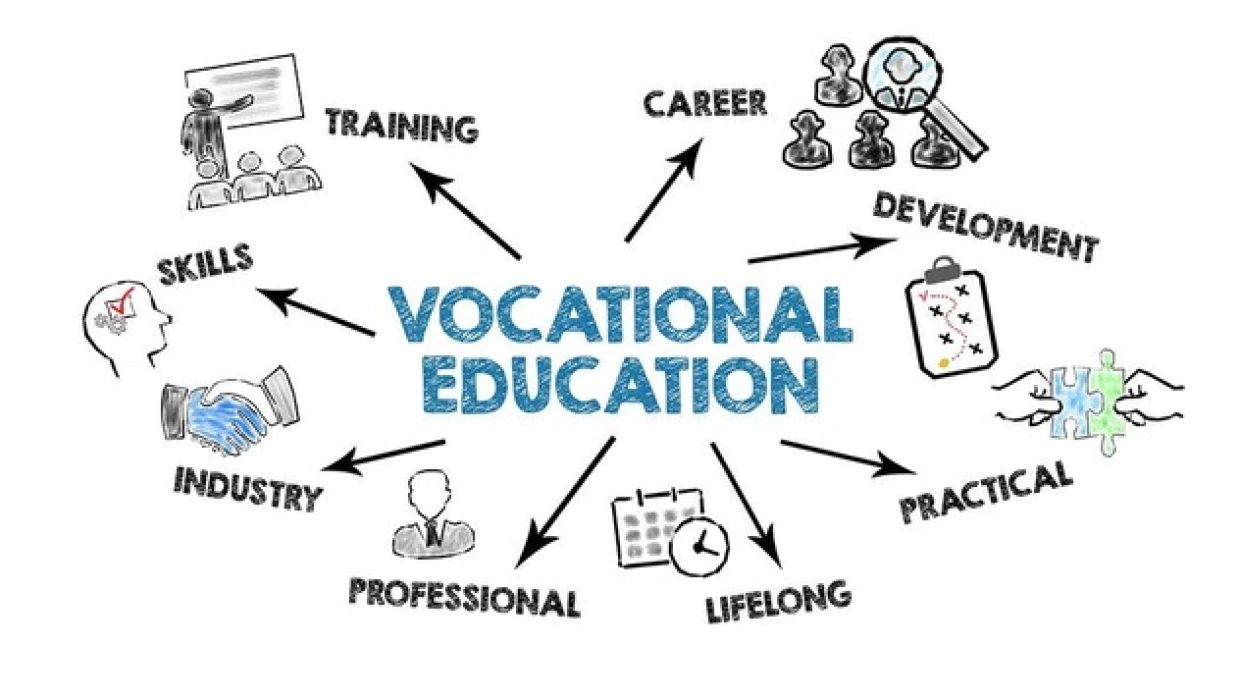






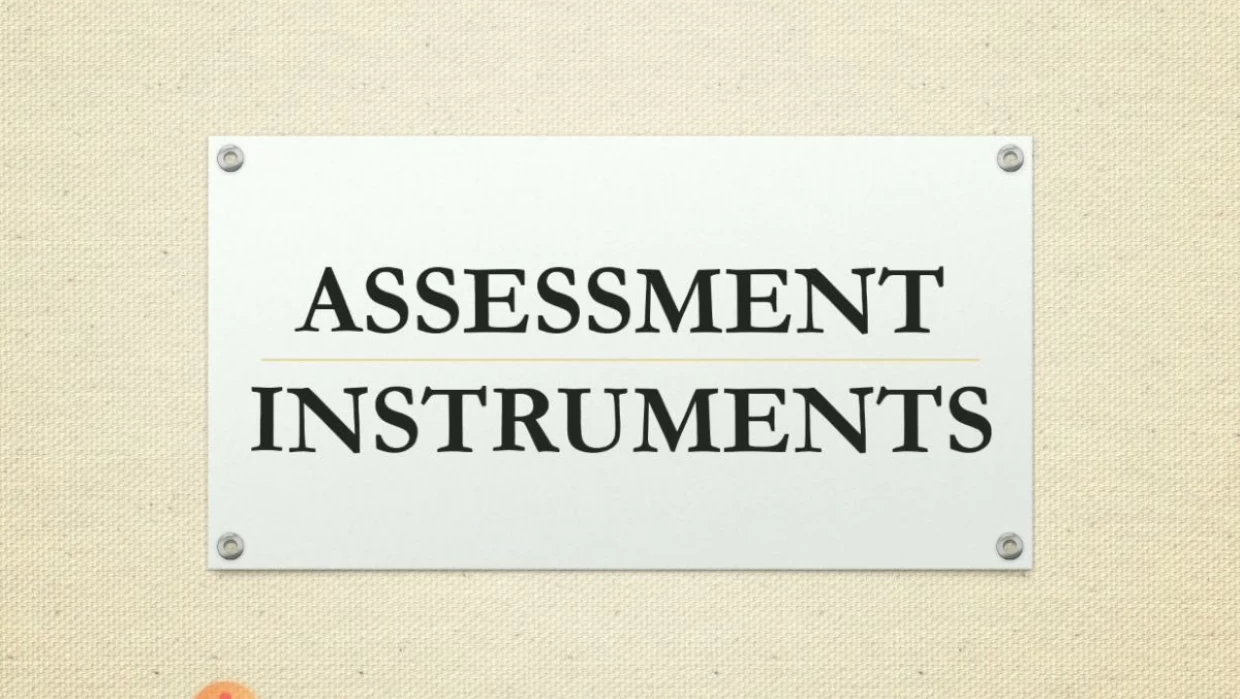





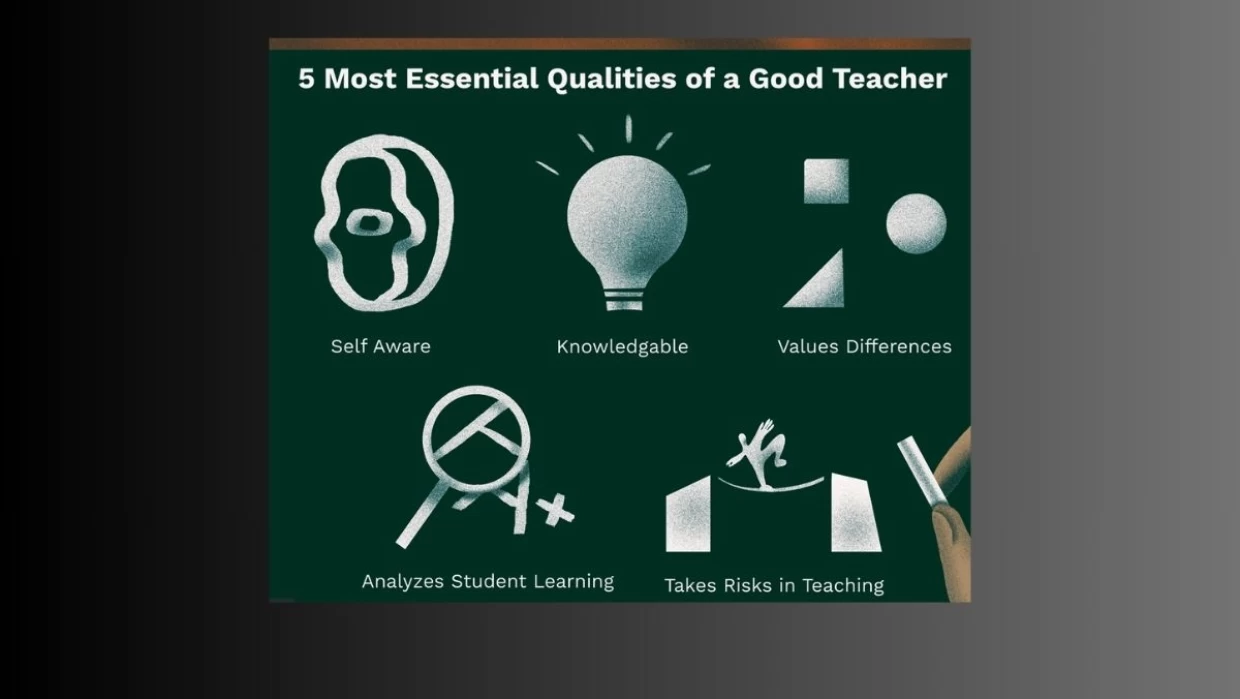
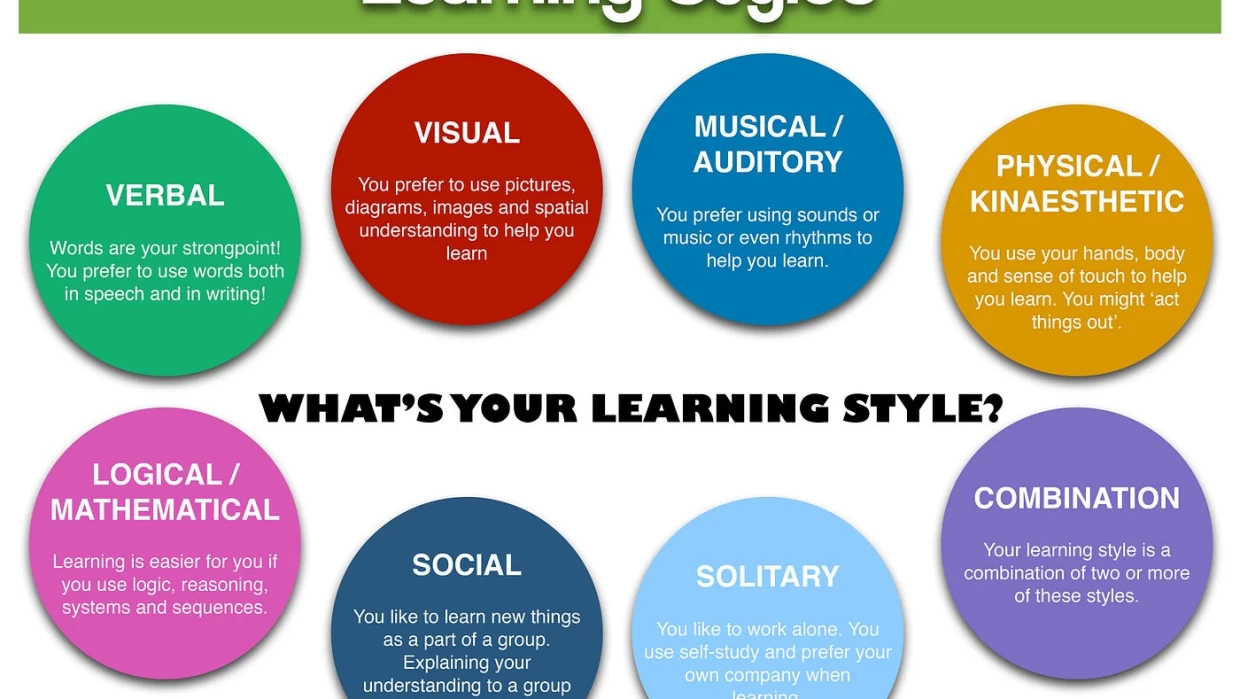
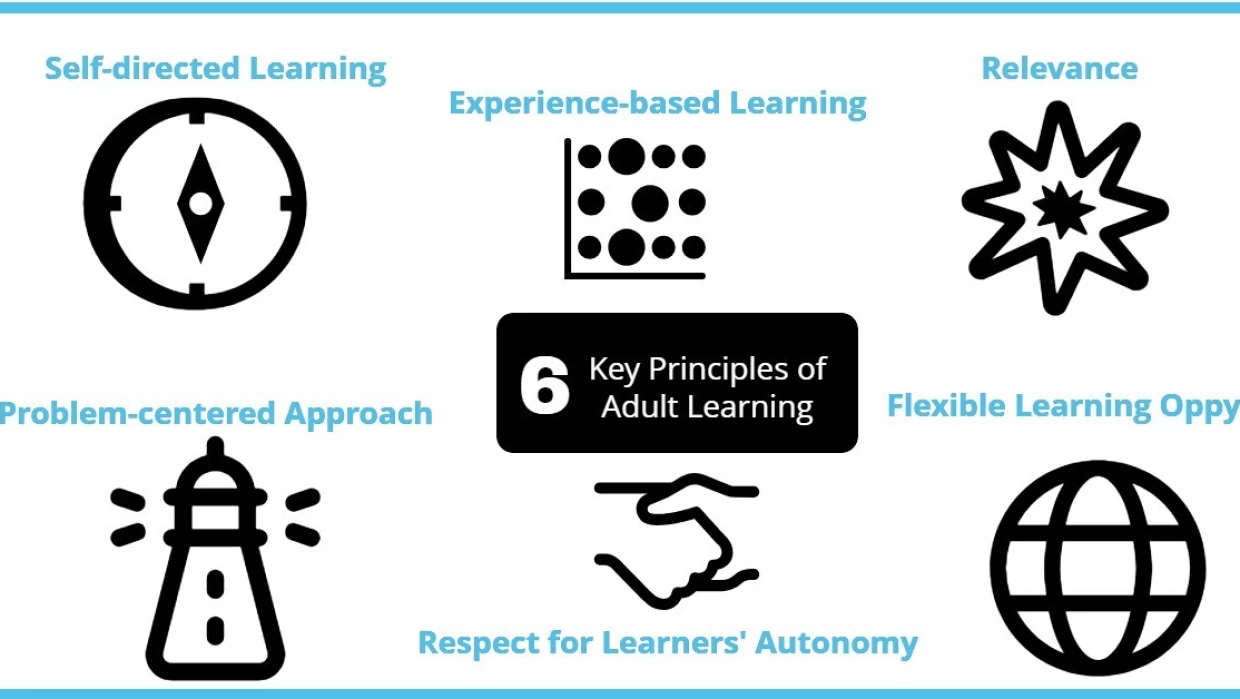














We would be delighted if you could get in touch with us.
Your email address will not be published. Required fields are marked